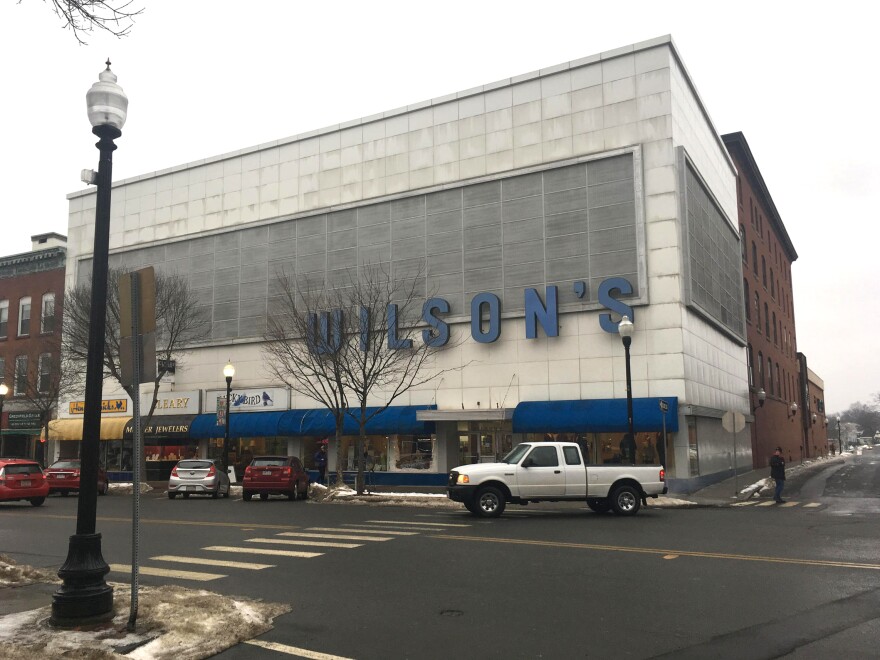In official state documents, we used to be referred to as “The City known as the Town of Greenfield.” Kind of embarrassing.
The pragmatists on the council moved to change that, saying the new name will make paperwork easier.
There's no good reason to keep calling ourselves a town.
Probably, but I find Greenfield's reluctance to call itself a city interesting in light of a larger pattern in America.
You can see that pattern in 1920 -- the first time more Americans lived in cities than in rural areas, according to the census.
This was the era of Prohibition, when "the Drys" saw cities as places teeming with unwashed immigrants, run by corrupt bosses, and encouraging of sin and vice.
It shows a stubborn streak that's been around for a good, long while.
Congress reacted to the demographic shifts by trying to keep the balance of power from tilting to the cities, passing deeply restrictive immigration laws and delaying re-apportioning of congressional seats.
In the decade prior to 1920, Greenfield’s population grew exponentially -- nearly 50 percent -- to 15,000, not far from where it is today. It had bustling factories like the Greenfield Tap & Die Co., immigrants to work in them, and even a streetcar.
But curiously, Greenfield didn't see itself as a city then.
Something there is that doesn't love a city. Greenfield famously said 'no' to Wal-Mart, and we've somehow kept our independent downtown department store, Wilson’s, in business.

To me, that shows a stubborn streak, and according to Paul Jenkins’s history of Greenfield, “A Conservative Rebel,” it’s a streak that’s been around for a good, long while.
I have to admit, I like the idea of living in a town. I like walking my two kids to school. I like running into people I know at the post office. I like that in Greenfield, “lots of traffic” means having to wait two changes of the light at Main and Federal Streets.
But I'm also alright with our new identity. Greenfield was never just any town. I doubt it will be like any other city, either.
Andrew Varnon teaches at Western New England University. His class "Beer, Baseball & the Bible" looks at American culture in the 1920s. A version of this piece previously appeared in The Greenfield Recorder.







